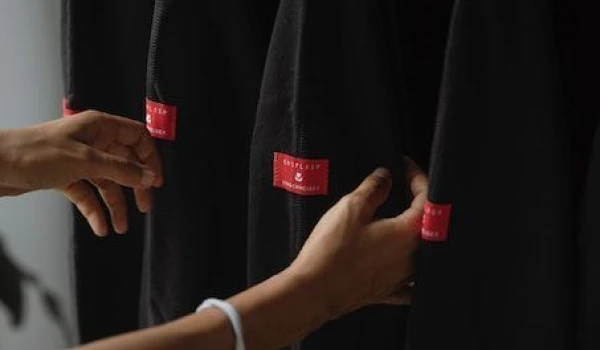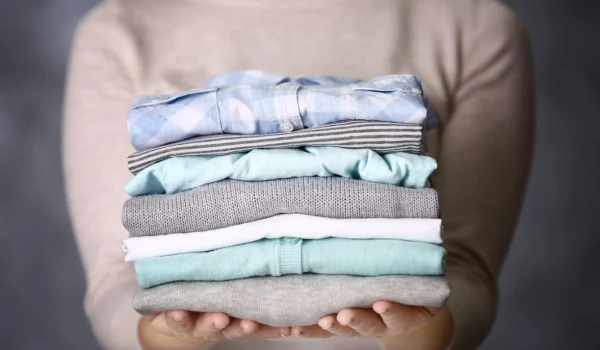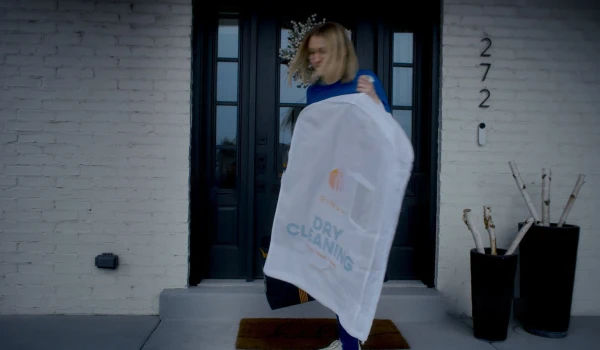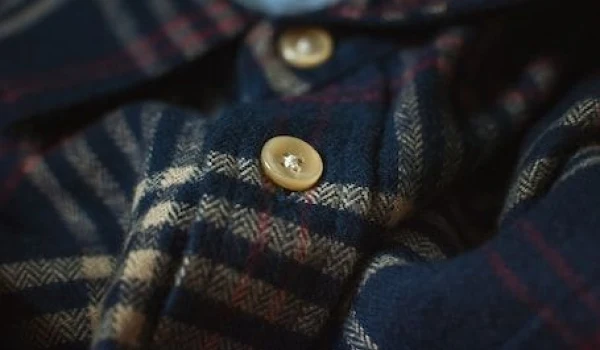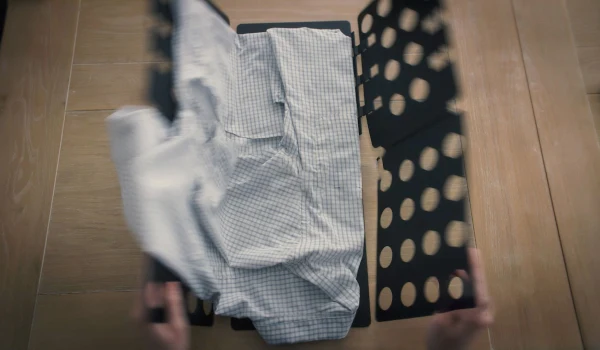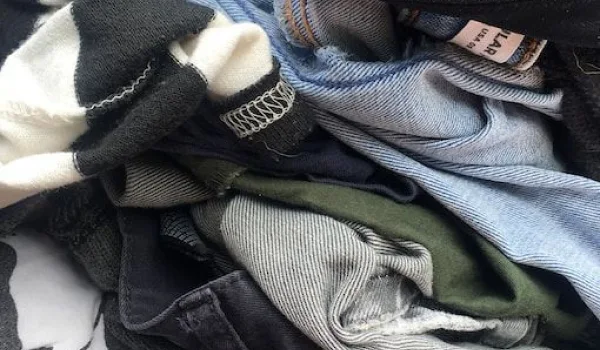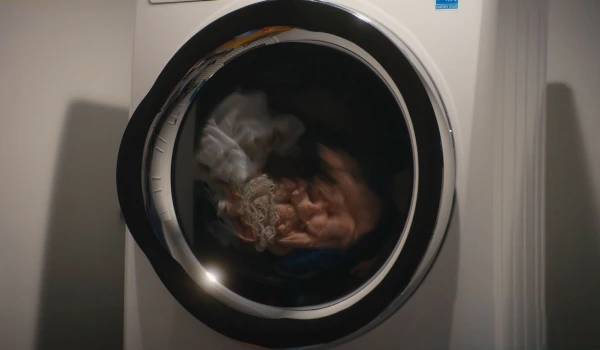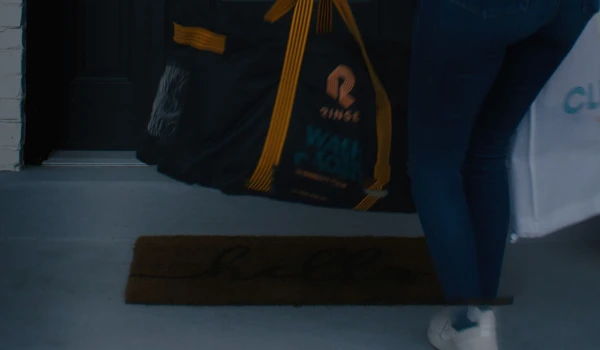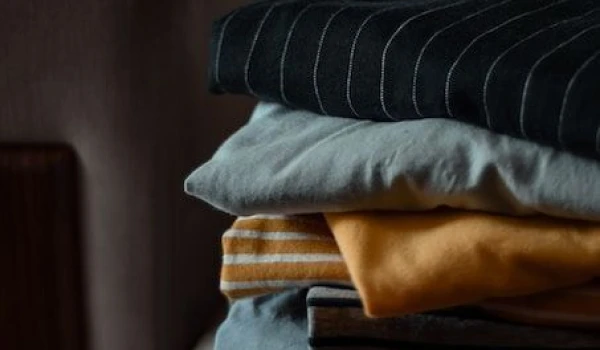Happy National Dry Cleaning Day! Today is a special day for us #laundrynerds at Rinse and a great opportunity for us to briefly share the fascinating history of dry cleaning and the incredible man behind the process, Thomas Jennings.
The History of Dry Cleaning
Modern day dry cleaning can be traced back to the 1800’s when Thomas Jennings (more on Jennings later!) first developed the process known as “dry scouring,” where he would use non-water based solvents to remove stains from fabric. At the time, many viewed the process as dangerous and attempted to stop Jennings from pursuing a patent, however Jennings persevered and his work paved the way to what we now know as dry cleaning. It wasn’t until 30 years after Jennings received his patent that his process became widely adopted. Then, nearly 100 years later, in the 1930’s, the solvent tetrachloroethylene or perchloroethylene (perc for short) became prevalent throughout the dry cleaning industry, causing the next wave of innovation in dry cleaning. Perc is a powerful cleaning solvent, nonflammable, and can be used on many different types of garments without causing them harm. However, today, we know that perchloroethylene (perc) has been known to cause health issues in some and many dry cleaners (including Rinse!) no longer use it.
Thomas Jennings: The Man Behind Dry Cleaning
Born free in New York, Thomas Jennings worked many jobs until he found his footing as a tailor. Highly skilled and well-respected in the community, people would come from far and wide for his services. As mentioned previously, one of those services was dry scouring a method that he patented in 1821. In fact, Thomas Jennings was the first African-American to receive a U.S. patent! With his success as a tailor and the earnings from his patent, he was able to open up his own store, which became one of the largest clothing stores in New York City.
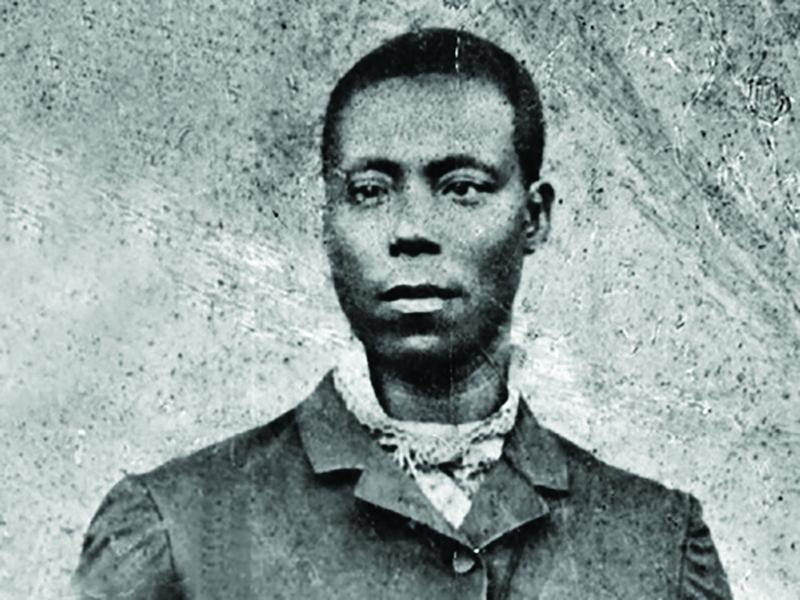
Not only was Jennings an accomplished inventor, but he also fought hard for the civil rights of African-Americans long before the Civil War, Emancipation, and the Civil Rights Movement in the 1950s and 60s. Jennings dedicated much of his life to securing civil rights for his fellow African-Americans, donating his time and money and founding abolitionist organizations. He spent the income he earned from his tailoring business to buy his wife and children out of slavery and continued to put the bulk of his earnings towards abolitionism to free others.
The next time you have something dry cleaned, just remember the amazing man that invented the process and the good he did for our country and his community.









